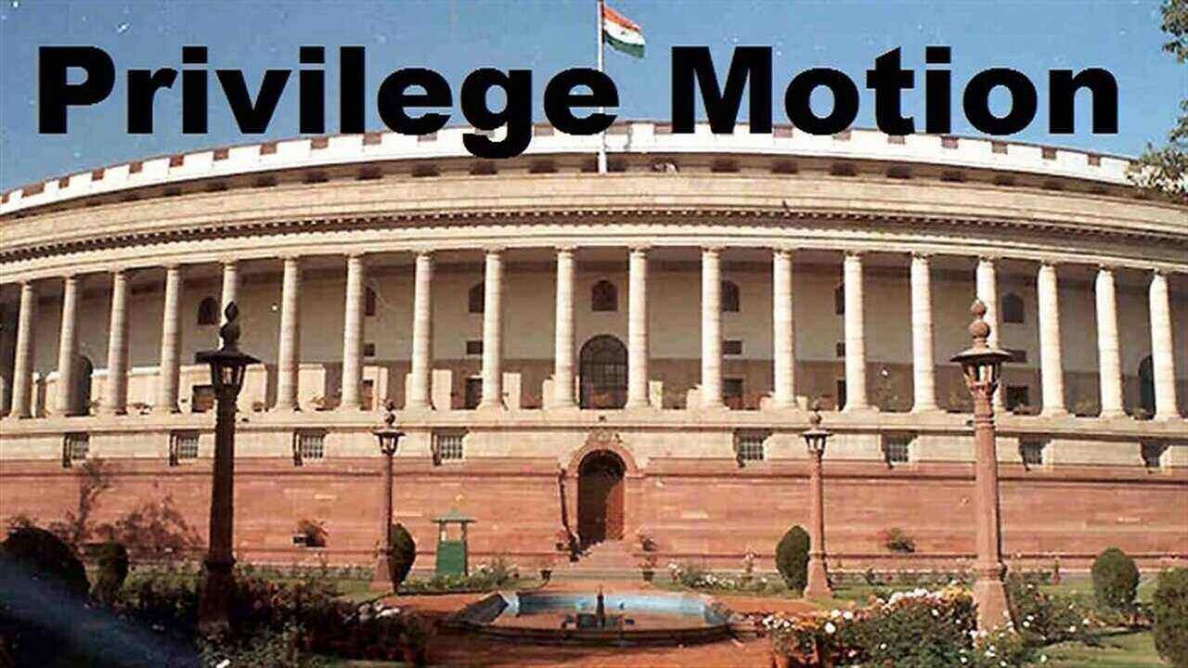Free Courses Sale ends Soon, Get It Now


Free Courses Sale ends Soon, Get It Now



Copyright infringement not intended
Context: In a letter to the chairman of the Rajya Sabha, the leader of the opposition party requested privilege motion be brought against the Prime minister for his comments against the former Prime Minister Jawaharlal Nehru.
Parliamentary Privileges
|
Sources of Privileges ● The Parliament, till now, has not made any special law to exhaustively codify all the privileges. ● At Present, all the privileges are based on 5 sources: ○ Constitutional provisions. ○ Various laws made by Parliament. ○ Rules of both Houses. ○ Parliamentary conventions. ○ Judicial interpretations |
Collective Privileges
Individual Privileges
Committee of Privileges
Privilege Motion
Rules concerning the privilege Motion
Role of Speaker and Chairperson
|
History of Privilege Motions in Parliament · Most of the privilege motions passed in Parliament in the past have been rejected. Penal actions have been recommended only in a few, so far. · Among the most significant privilege motions passed so far was in 1978 against Indira Gandhi. Indira Gandhi, who had just won the Lok Sabha elections from Chikmagalur, was expelled from the House · In 1976, BJP MP Subramanian Swamy was expelled from Rajya Sabha for bringing disgrace to Parliament through his interviews with foreign publications. |
|
PRACTICE QUESTION Consider the following Statements; 1. The 44th Amendment Act restored the freedom of the press to publish true reports of parliamentary proceedings without prior permission of the House. 2. Members of Parliament cannot be arrested during the session of Parliament; this privilege is available only in civil cases. 3. There is a Joint Parliamentary Committee of Privileges consisting of 15 members from Lok Sabha and 10 members from Rajya Sabha. Which of the following Statement is/are correct? (A) 1 and 2 only (B) 2 and 3 only (C) 1 and 3 only (D) 1, 2 and 3 Answer: A Explanation: Statement 1 is correct: The 44th Amendment Act of 1978 restored the freedom of the press to publish true reports of parliamentary proceedings without prior permission of the House. Statement 2 is correct: Members of Parliament/State Assembly cannot be arrested during the session of Parliament and 40 days before the beginning and 40 days after the end of a session. This privilege is available only in civil cases and not in criminal cases or preventive detention cases. Statement 3 is incorrect: Both Houses have their own Committee of Privileges, the Committee consists of 15 members (10 members in the case of Rajya Sabha) nominated by the Speaker (Chairman in the case of Rajya Sabha). |
© 2024 iasgyan. All right reserved